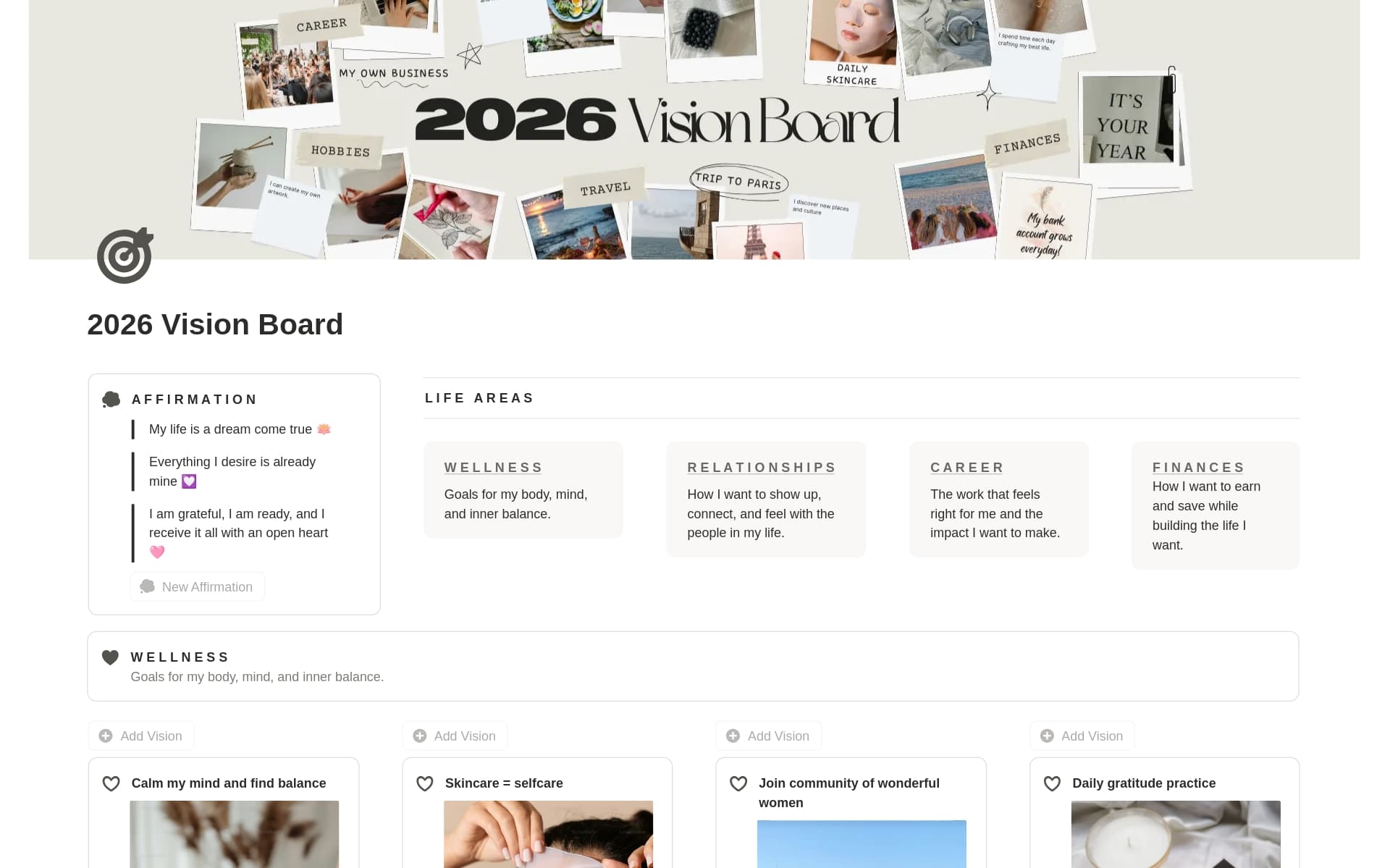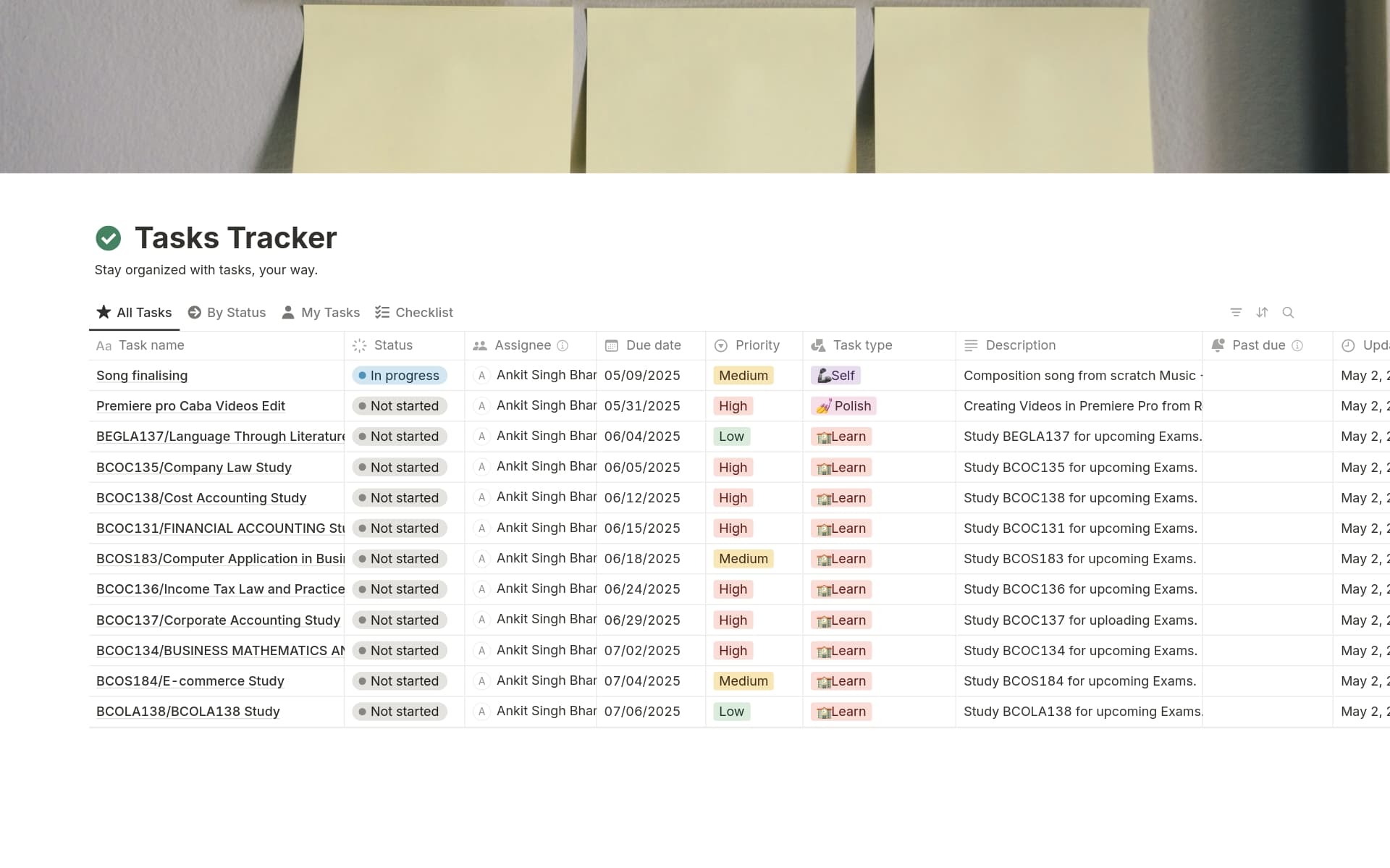Editorial calendars streamline the content process, helping marketing managers plan, draft, and schedule their content effectively. By organizing topics, deadlines, and publication channels in one place, it ensures consistency and efficiency in content creation and distribution. An Editorial Calendar Notion template aids this process by providing a clear, customizable structure that can adapt to the unique needs of a marketing team.
Before creating your own Editorial Calendar template, consider exploring the examples below to simplify the development of your content strategy.
What Should Editorial Calendar Templates Include?
Choosing the right editorial calendar template can streamline your content planning and ensure consistent, effective marketing efforts. Here are key components to look for in a Notion template:
Content Pipeline Visibility: The template should provide a clear overview of all stages of content creation, from ideation to publication.
Integration Capabilities: It should easily integrate with other tools used by your team, such as social media platforms and email marketing software.
Customizable Fields: Look for templates that allow you to customize fields to suit your specific content tracking needs, such as type of content, responsible team member, and deadlines.
Collaboration Features: Ensure the template supports collaboration, allowing multiple team members to update statuses, add comments, and adjust timelines easily.
Selecting a template with these components will help you maintain a bird's-eye view of your marketing strategies and adapt quickly to changes.
What Should Editorial Calendar Templates Avoid?
Choosing the right editorial calendar template is crucial for streamlining your marketing activities. However, some features can complicate rather than simplify your planning. Here are key elements to steer clear of:
Overly Complex Features: Avoid templates with too many intricate features that are not essential. They can make the template cumbersome and difficult to navigate.
Non-Customizable Layouts: Templates that do not allow customization can limit your ability to tailor the calendar to your specific needs and preferences.
Lack of Integration Capabilities: Avoid templates that cannot integrate with other tools you use. Integration is key for maintaining an efficient workflow.
Remember, the best template is one that fits seamlessly into your existing processes and enhances your team's productivity without adding unnecessary complexity.




